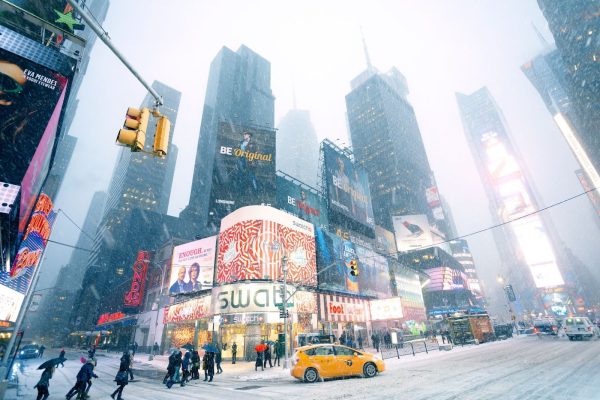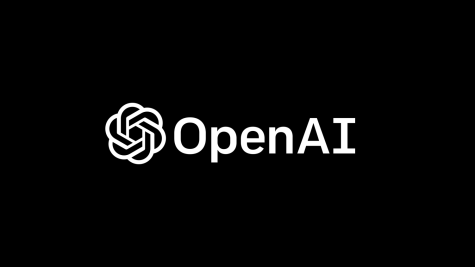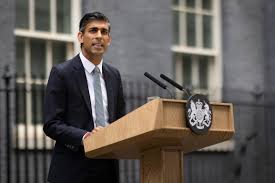Pursuing Careers in Climate Change
December 5, 2016
The repeated message brought to us by the leaders of our world is that climate change challenges our existing society. It is the crisis of our generation, an issue which must be dealt with appropriately in order for our species to survive. Anyone who is a high school student now will live in an era directly experiencing the effects of climate change. These effects will determine future governments, economies, and societal norms.
Foods we eat in this era will be either in less supply or in less consistency due to certain areas being more susceptible to floods or droughts. Developing regions will feel the full force of more frequent natural disasters. There will be great migrations of people who have to move out of once hospitable lands. Climate change is not just a “science” problem; it is a challenge to which all fields can offer a helping hand. Holding a career that fights against climate change is interesting as well as diverse in its opportunities.
One major concern is the injustices which come from environmental changes. Denizens from developing countries typically minimize their material consumption, food waste, and greenhouse gas emissions (on a micro–not macro–scale). However, these same people who have a little impact are also in the regions most likely to be affected by severe climate shifts and weather events. Just looking at climate change from this perspective offers more opportunities than on first glance. To ensure a minimal loss of life and to preserve the dignity of the person, the problem must be examined from positions of justice, statistics, innovation, and scientific research.
Legal action is the first step in promoting change. Many propositions given by scientists are often seen as too radical or infeasible. Taking a path in policymaking can help countries make progress on their goals and compromise to find the right plan for that nation. Not far from working in policy is being a part of an NGO or charity. Both of these provide international systems which are devoted to protecting the environment and reducing the rates of pollution.
Often associated with the global change in atmosphere is the global change in economics. The way businesses work has to be redefined. This requires brilliance in the fields of agriculture, energy science, and urban planning–maximizing efficiency and drastically reducing waste byproducts. Farmers are going to have to find a way to feed an ever-growing world with less water and space,likely with the help of GMOs and community farming. With the demand for affordable energy on the rise, all nations will have to invest in greener options at a faster rate and may have to consider nuclear energy again. A rapidly increasing number of people paired with a drastic decline in resources will require some of the best minds to create innovative economic responses.
Then there are the direct sciences, which examine climate change. Some of the more common fields are environmental science, climatology, and meteorology. While these fields long ago agreed that climate change is a real and urgent threat, there is still much to discover and research. Early detection systems are going to be vital across the world as the threat of natural disasters become more frequent and severe. These fields in environmental sciences describe the extent to which climate change will affect us and lead the research on how to reduce/restrain greenhouse gasses along with their effects.
By 2040, there is estimated to be over nine billion people. Our world’s population is expanding rapidly, far past what the planet can currently hold. Drastic changes must be made to the way we treat waste, consumption, and energy. Regardless of who responds to the issue–whether it be governments, academic institutions, NGOs, etc.–the responses must be earth-rattling. A career in any field which aims to limit the effects of climate change is a job that protects human life, quality of life, and the health of our planet. The many job opportunities available to fight this issue give the only chance we have to determine the fate of our species.












